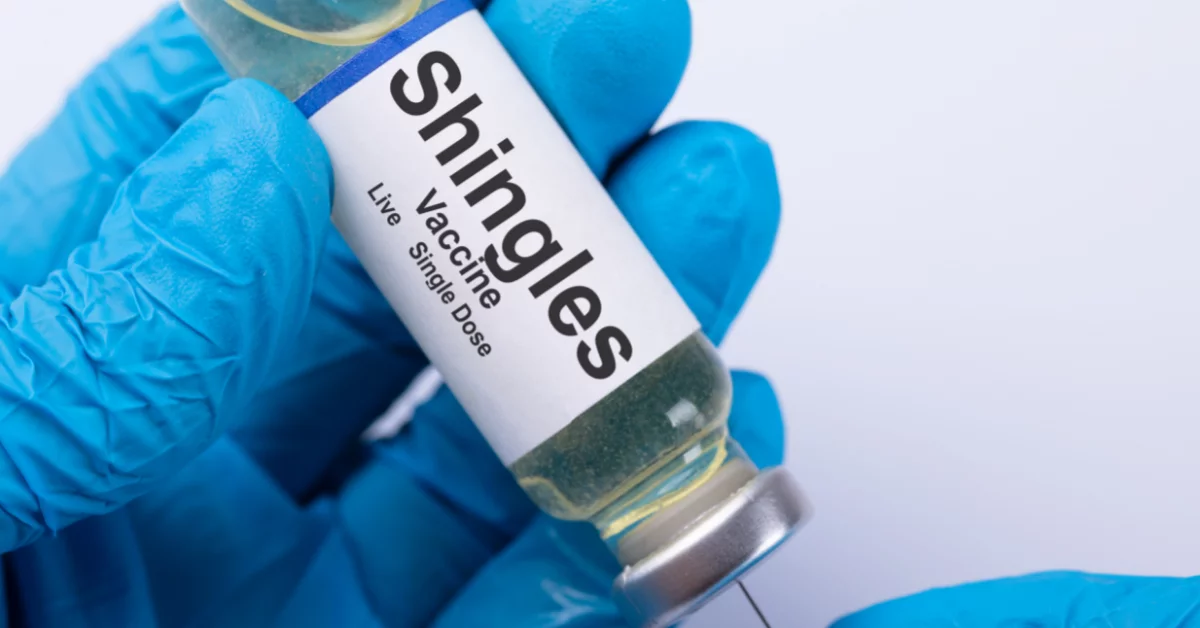What is Shingles?
Shingles (herpes zoster) is a viral infection caused by the varicella zoster virus (VZV or HHV-3), which also causes chickenpox. If you have had chickenpox earlier in life, the virus will lie dormant in your body for years. Shingles occurs when the virus becomes reactivated, causing a very painful rash and blisters which generally appear on one side of the body.
What Are The Causes of Shingles?
Initial infection with the herpes virus HHV-3 causes chickenpox. This usually takes place during childhood. Following a bout of chickenpox, the virus lies dormant in nerve tissue near the brain and spinal cord. For reasons which are not currently understood, HHV-3 can become reactivated many years after the initial infection, causing shingles. While it is a herpes virus, HHV-3 does not cause genital herpes or cold sores. This virus is contagious and a person who currently has shingles can pass it on to anyone who does not have prior immunity.
What Are The Signs And Symptoms of Shingles?
The earliest symptoms of shingles include itching, burning, tingling, or shooting pain, along with a blistering rash which usually appears on one side of the body. The pain can be very intense, and in some cases can occur without the appearance of a rash. Some people with shingles also experience fever, headache, and sensitivity to light.
What Are The Risk Factors of Shingles?
Anyone who has had chickenpox in the past has the varicella zoster virus in their body and could be at risk of developing shingles later in life. You may be at risk of a more serious case of shingles if you are above the age of 60 or have a weakened immune system due to issues like HIV, cancer, or having received an organ transplant in the past.
How is Shingles Diagnosed?
A dermatologist can generally diagnose shingles by reviewing your symptoms and examining the affected area. The rash caused by shingles is generally quite easily recognizable, but a tissue sample from blisters may be examined to confirm a diagnosis.
What Are Possible Treatments For Shingles?

There is no known cure for shingles, but your doctor may prescribe medications to shorten the period of the illness and reduce its severity. Antiviral drugs that may aid in recovery include acyclovir (Zovirax), valacyclovir (Valtrex), and famciclovir. If pain is very severe, prescriptions such as steroids, numbing agents, or anticonvulsants may also be recommended.
Are There Preventative Steps or Measures To Avoid Shingles?
While the shingles virus is already present in your body if you have had chickenpox in the past, there is a vaccine available to healthy adults aged 50 or older which will prevent the virus from becoming reactivated.
What Are The Risks If Shingles Is Left Untreated?
Shingles is rarely life-threatening, but if left untreated it may result in post-herpetic neuralgia (PHN), which causes lasting pain even after the rash has resolved. If you have shingles and are over the age of 60, have a personal or family history of immune issues, are experiencing a large and very severe rash, or have blistering around your eye. Blistering can cause a risk of secondary infections and a rash near the eyes may cause vision loss in some cases.
Are There Other Related Conditions To Shingles?
Shingles is caused by the same virus which causes chickenpox. Some cases of shingles may result in post-herpetic neuralgia, a condition which causes continuing shingles pain even after blisters and other symptoms have subsided.



